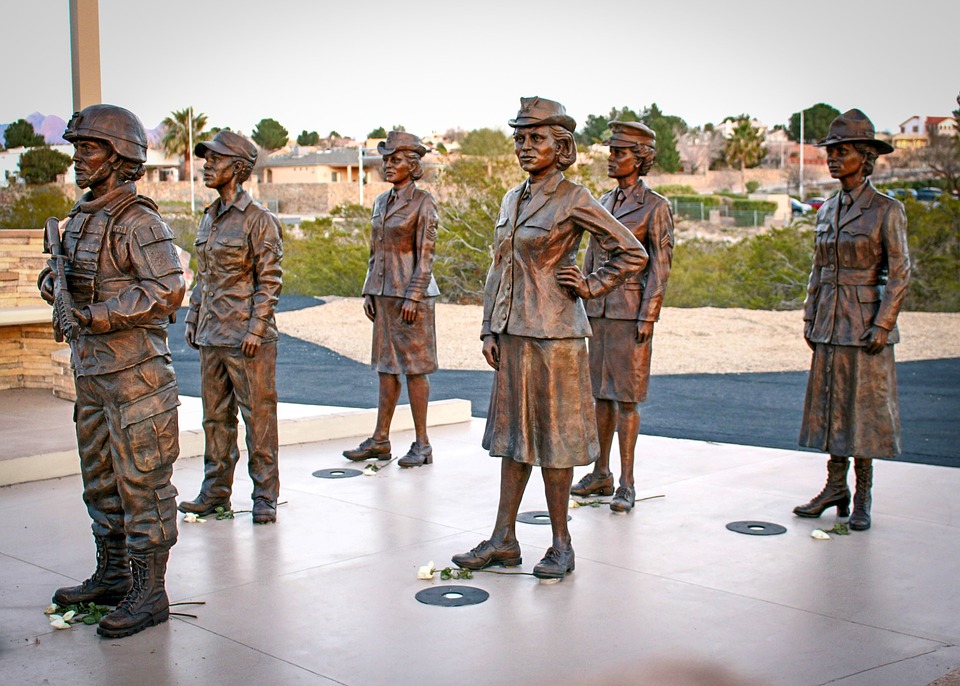Did you know that more than 2 million female veterans are in the United States? That’s right – and out of those 2 million, only about 8 percent have sought help from the Department of Veterans Affairs. This is a huge problem, because female veterans often suffer from unique health issues that the VA does not always address.
One of female veterans’ most common health concerns is military sexual trauma (MST). MST is defined as psychological trauma that results from experiencing or witnessing a physical assault of a sexual nature, threats of sexual violence, or repeated unwelcome advances. Unfortunately, because this form of trauma can be difficult to talk about, many female veterans are reluctant to seek help from the VA. It is estimated that up to one in five female veterans have experienced MST while serving in the military. These women often struggle with post-traumatic stress disorder, depression, anxiety, substance use disorders, and chronic pain.
Female veterans also face unique health issues related to pregnancy and motherhood. The VA offers reproductive care services for female veterans, including routine gynecological exams, prenatal and post-natal care, and family planning. However, many female veterans may not be aware of the coverage available to them or the resources available to help them access these services.
In conclusion, female veterans face unique challenges when it comes to accessing quality healthcare services. The VA has taken steps to meet their needs, but there are still gaps in care that need to be addressed.





